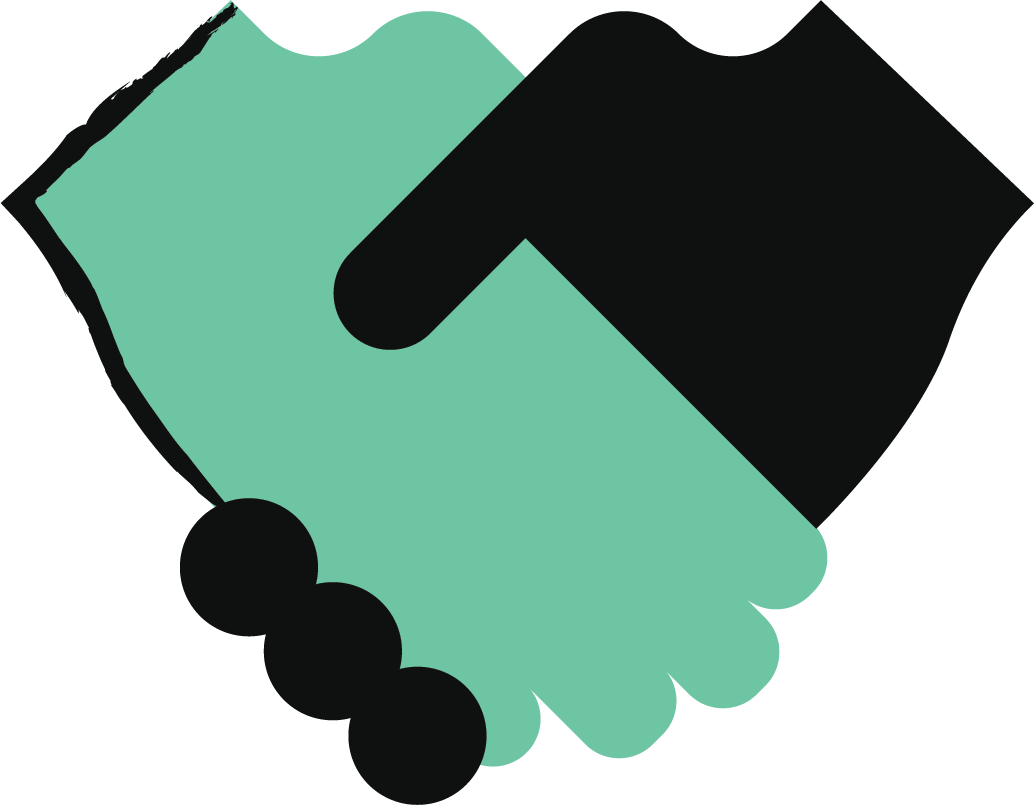AM I TOO NAIVE?
The term "naive" is often used to describe someone who is inexperienced, innocent, or lacks knowledge or understanding about a particular subject or situation. Being naive can sometimes be seen as a negative trait because it may make a person more vulnerable to deception or exploitation by others. However, it's important to note that being naive is not inherently bad, and it's a common experience for many people when they are first learning about a new subject or entering a new social situation. It's also possible to develop more knowledge and experience over time and become less naive in certain areas.
You May Be Too Trusting
You’re a naive person if you continue to trust a person, even if he has failed you repeatedly. It’s like bailing your friend repeatedly out of rehab – knowing that he’ll relapse once he leaves the center. While your intentions may be good, you’ll most likely end up at the losing end of the bargain. But don't worry, there are things you can do to get out of this situation.
The sad fact is not everybody has good intentions. Your friend may be asking you to bail him out just because he wants to use drugs again. That said, you need to be careful when dealing with people. If not, they may end up taking advantage of your naive nature (more about this below). To prevent this from happening, you should take heed of these warnings: Don’t be fooled by the person’s looks, charisma, or sex appeal. Looking good on the outside doesn’t necessarily mean he’s good on the inside. Try to see if the person is out of character. Does he seem like he’s the opposite of his true self? More often than not, it’s just because he just wants something from you again. Not all praises are honest, especially if they come from people you pay (teachers, coaches, etc.) Don’t be fooled by tears or anger. Apart from feigning kindness, it might be a person’s way to convince you to trust him. Avoid divulging your past mistakes. In worst-case scenarios, this might be used against you.

You May Be Too Gullible
Are you guilty of believing social media conspiracies? Do you willingly respond to emails of a Nigerian prince — even giving your social security number? This means you’re gullible as gullible can be. And yes, this is one of the more obvious signs of naivete. Apart from being too trusting, naive people tend to believe everything people say. It doesn’t matter if they’re baseless or too good to be true – a naive person will consider it to be a fact.
What you can do about it is to make a decision based on facts. You don’t want to be falling for another Moses illusion — where you judge something based on what you “feel” is right or wrong. You should also avoid giving into cognitive fluency. This is where people expect things to be 100% true, just because they’re smooth and easy. If it’s too good to be true, then it probably is. Most importantly, just because something is repeated — doesn’t mean that it’s true. Remember: before you believe or give into something, make sure that it’s credible and backed up by plenty of evidence.

People Take Advantage of You
As mentioned, naive people are too trusting and gullible. Sadly, a lot of people will go ahead and exploit such weaknesses. Just picture this: your friend borrowed your car for the nth time around. As always, he left the tank almost empty. To make matters worse, there’s a new scratch on the driver-side door. Instead of apologizing and making it up to you, he even asked you to get the car from his place. His home is located 30 minutes away from yours! You have to go because he can’t return the car himself. He’s off in a basketball game with his friends. And yes, you had to shoulder a Lyft ride because he’s not getting paid until the 15th. If this is an all-too-familiar case for your part, then it’s an obvious sign of your naivete. You think that other people’s intentions are good — so they end up taking advantage of your ‘faith’.
If you think that life is simple and fair, people who take advantage of you should convince you otherwise. As the saying goes, ‘shame on you if you fool me once, shame on me if you fool me twice.’ You can put an end to this vicious cycle by asserting yourself. You should set boundaries once and for all. Don’t feel bad saying no. You don’t even have to state your reason. All you just need to do is say “NO, I won’t let you (insert favor or request here).” And if the person veers away from you because of this ungranted favor, don’t lose heart. If he truly values you as a person, then he’ll understand why you turned him down. Remember, you still have a lot of friends out there – true ones that won’t take advantage of your naivete.

You Have Limited Life Experience
So you lived a relatively straight life. For more than a decade, your routine was just home and school (and vice-versa). And while this is okay, you’ve missed out on a lot of things. In other words, you missed out on real-life experiences that would’ve molded (if not improved) you as a person. So when you go out of the real world, you have what Merriam-Webster defines as a sign of naivete: a lack of worldly wisdom or informed judgment.
For one, you should try to go beyond your usual circle. You’ll know what life really is when you spend time with people from other backgrounds or cultures. To establish such diverse relationships, you can try these ecommendations from the University of Kansas: Join a diverse club, organization, team, or workforce Read up about other people’s backgrounds and histories. Listen to their stories. Don’t be afraid to ask, but do so respectively! As Eleonor Roosevelt once said, “The purpose of life is to live it, to taste it, to experience to the utmost, to reach out eagerly and without fear for a newer and richer experience.”



